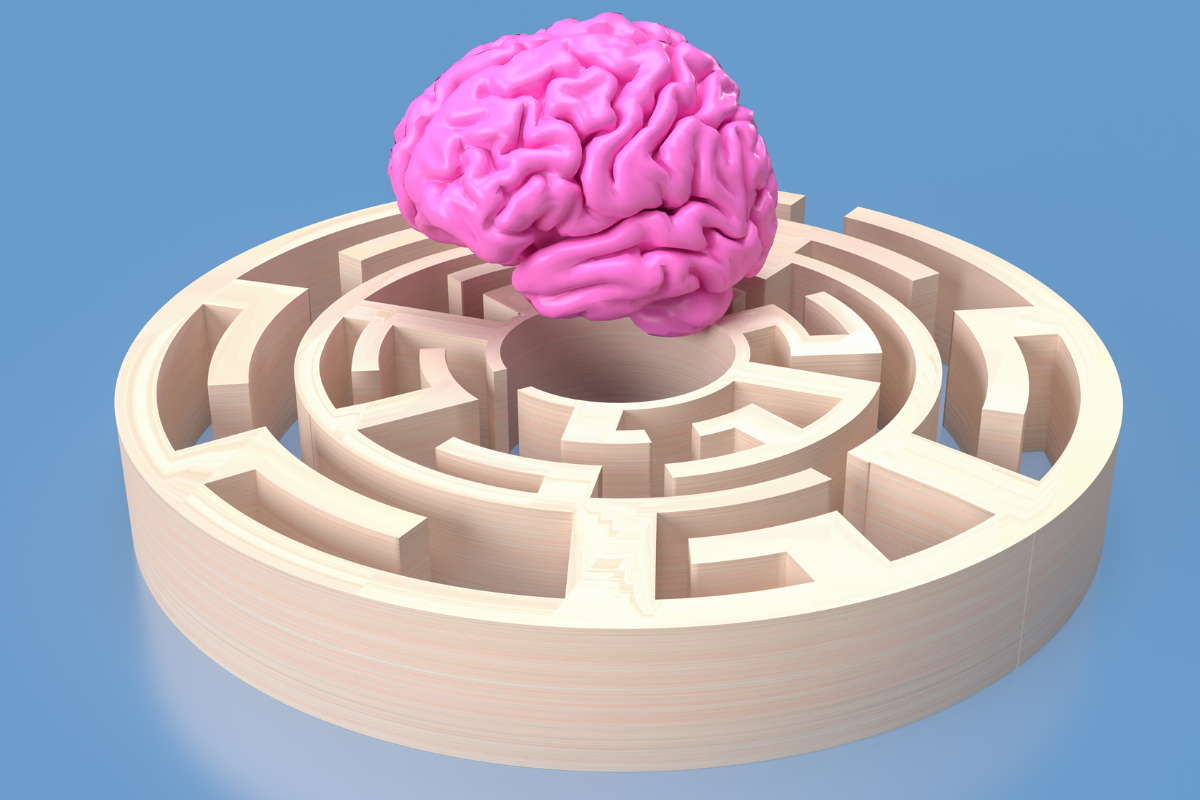In a recent study led by the Alzheimer’s Association, findings revealed a simple “recipe” for supporting long-term brain health. It includes four things: physical activity, a healthy diet, regular health check-ups - and importantly, something called “cognitive exercise”.
We talk a lot about brain health at Noggin, and if you’re here, chances are you care about keeping your brain sharp and resilient as you age. But let’s be honest - most of us aren’t sure what cognitive exercise actually is. Are we supposed to do Sudoku? Buy a brain training app? Learn chess?
Let’s take a closer look!
The brain health “recipe” - and why it works
The POINTER study, led by the Alzheimer's Association, involved over 2,000 adults aged 60–79 who were at risk of memory decline. Participants followed either a structured lifestyle programme or a self-guided one, both built around four pillars:
-
30–35 minutes of brisk exercise 4x/week
-
A MIND-style diet (think berries, leafy greens, olive oil, fish)
-
Regular health checks (blood pressure, weight, lab results)
-
And weekly cognitive training
After two years, both groups improved their brain function. But the group with more structure - regular check-ins, coaching, and support - saw bigger benefits to thinking, memory, and decision-making.
This is great news for our noggin: even in later life, our brains can change, grow, and improve with the right habits.
So what actually counts as “cognitive exercise”?
In the study, cognitive training meant doing computer-based brain activities three times a week for 30 minutes. Participants were also encouraged to engage in other mentally stimulating and social activities.
Think of it like a workout for your thinking skills. It’s not about being a genius or solving maths problems. It’s about giving your brain new things to process, solve, remember, or create.
These are things like:
-
Playing puzzle games or brain-training apps
-
Learning a new skill or language
-
Reading and discussing books
-
Writing, sketching, or journalling
-
Joining a group quiz night or debating club
-
Playing a musical instrument
-
Navigating new places or routines
Crucially, it's the variety and the challenge that matter. Just like your body doesn’t get stronger doing the same three yoga poses every day, your brain needs to be stretched in different ways.
Why it helps, even later in life
When we challenge our brains, we build what researchers call “cognitive reserve”. It’s like a mental savings account; more connections between brain cells mean more backup systems if one pathway starts to slow down.
That reserve may help delay memory loss, improve concentration, and protect against brain ageing. In the study, participants improved the kind of thinking known as “executive function”; things like planning, switching focus, remembering details, and resisting distractions.
Amazingly, the structured group improved to the equivalent of being one to two years younger in brain age - that’s just from lifestyle habits.
Brain training you can actually do (and enjoy)
Here’s how to get started with your own cognitive exercise plan:
-
Pick 2–3 brain activities you actually enjoy
-
Aim for 30 minutes, 3x per week. Ideally, do something that makes you concentrate
-
Add in regular social stimulation: chats, games, discussions - and laughter!
-
Keep mixing it up! Your brain loves novelty
Importantly, you don’t have to do it perfectly. The goal is consistency and even small efforts build up over time - just like your workout at the gym.
Some extra support from Noggin
At Noggin, we believe looking after your brain isn’t just about supplements - it’s about how you live. But when you’re building a brain-healthy lifestyle, some extra support can help.
That’s why we created supplements designed with cognitive performance in mind. Our PAUSE blend includes magnesium and adaptogens to help with focus and calm. OOMPH supports mental energy and clarity when you’re feeling foggy. And our daily Fish Oil is packed with omega-3s that support memory and brain structure.










1 comment
Liz
Very interesting
Very interesting